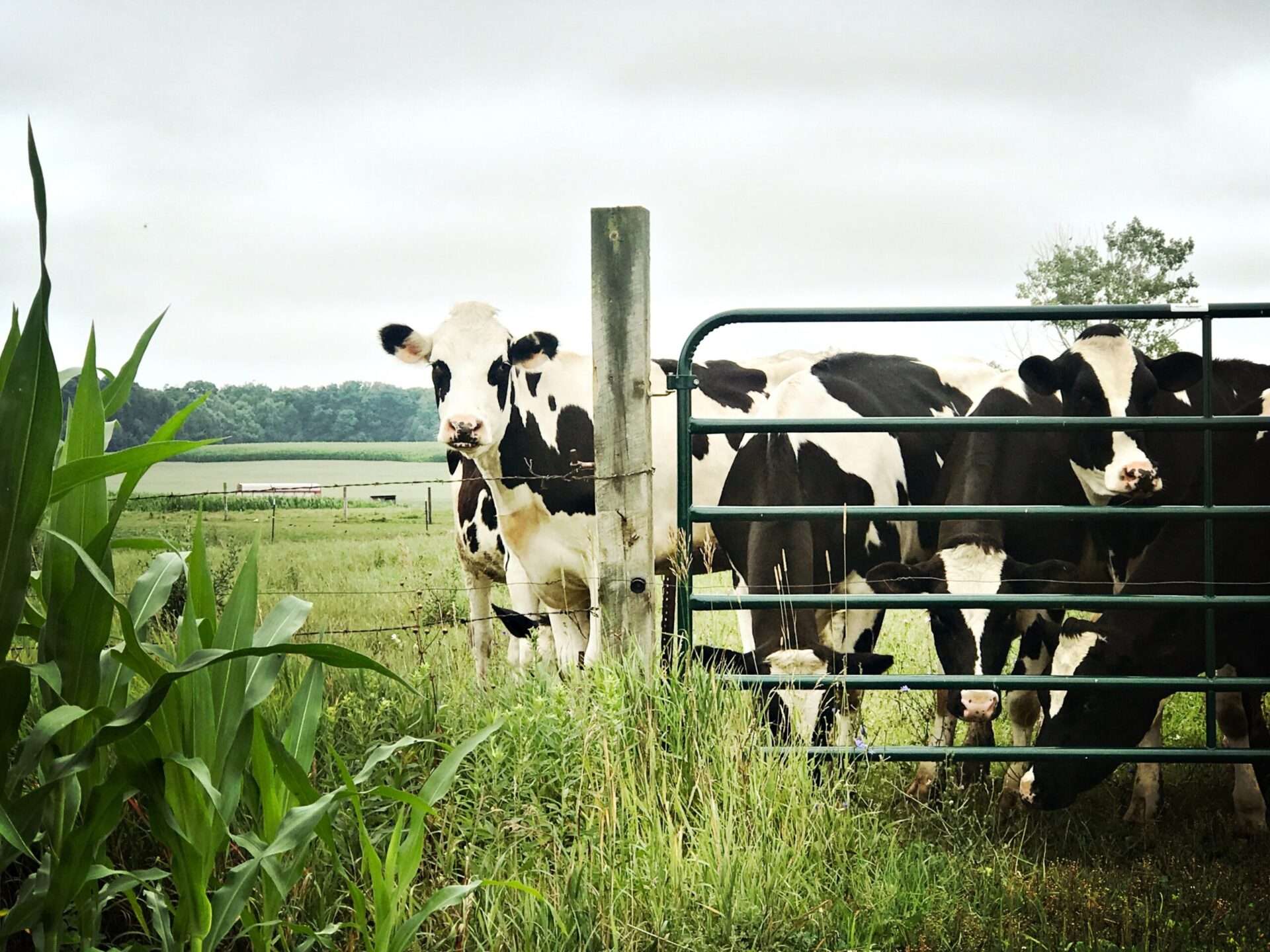World of Cooperation: how to move from a horizontal market approach to a vertical chain?
May 2022
How to save organic milk?
Perceived as a lifeline by many producers during the post-quota crisis in 2015-2016, organic milk has been a victim of an overproduction crisis for the past few months. Too expensive, not different enough in terms of taste and competing with local milks and small artisanal brands, it has paid the price of a market shift. To such an extent that the largest groups, including Lactalis and Sodiaal, have undertaken to downgrade it.
Caught in this turmoil, Biolait, the precursor of organic milk born thirty years ago from the initiative of producers committed to peasant agriculture, hopes to have found a partial rescue solution. Biolait brings together 2,500 producers and collects 30% of organic milk in France.
It has created the first organic and fair trade milk powder chain for chocolate with two other cooperatives, the chocolate maker Ethiquable, which has just left Italy for the Gers, and Ingredia, a specialist in the production of innovative ingredients – such as functional milk powders and natural nutritional actives.
The milk will be transformed into powder by Ingredia in the French region Hauts-de-France from Biolait’s milk. Indeed, in order to guarantee the long shelf life of chocolate and to obtain a melting texture, the use of milk powder is essential for the manufacturing process. Ingredia has been working for 70 years on the valorization of milk into ingredients for food, nutrition and health.
As for Ethiquable, it produces 25 million bars per year, which gives it a 25% market share of organic chocolate sold in supermarkets in France. The share of organic chocolate in bars is only 2%.
Creating a “vertical” chain is a weak point in the French agri-food industry
Why is this? Because it is necessary to cooperate between actors who bring different added values, therefore who embody different trades, even different Worlds, and our “Domestic” tendencies are as many barriers to cross.
Biolait, with Ethiquable and Ingredia, have each climbed the rungs of the ladder of objectives to achieve a common ambition: a chain of organic and fair trade milk powder. This ambition is a new idea that must be conceived outside of one’s current habits and skills. It is therefore a change of World which requires several dimensions:
– Decision: with a governance to pilot the sector and find other outlets in time.
– Interactions: to ensure that these are effective so that each party holds its place,
– Recognition: which can be focused here on obtaining a positive profit/cost ratio.
– New business values: on the importance of thinking vertically versus horizontally.
To illustrate this “vertical” World, a Gesture like “I respect my commitments, before asking myself what the other is doing” is essential to ensure a fluid operation.
Without sharing the details of the agreements, note that Biolait milk will be purchased under fair trade conditions guaranteeing a single price all year round. For the chocolate maker Ethiquable, this allows it to secure its organic image and its supply costs in the long term. For Ingredia it is a more merchant-like deal that allows it to sell its technology.
In conclusion, the intensity of the Agreement between the Worlds of the different actors is key in the long term. The risk would be to remain at a “small arrangement” between the bosses of the existing entities. We must see if the cooperation initiated translates into sustainable Bridges. In fine, vertical cooperation can lead to a common World, via vertical integration – like the large Basque cooperative Mondragon – or other legal formulas like Joint Ventures. P-Val can accompany you in all your cooperation projects, from the initial idea to the operational set-up.
Laurent Dugas
Want to know more ? Contact us

